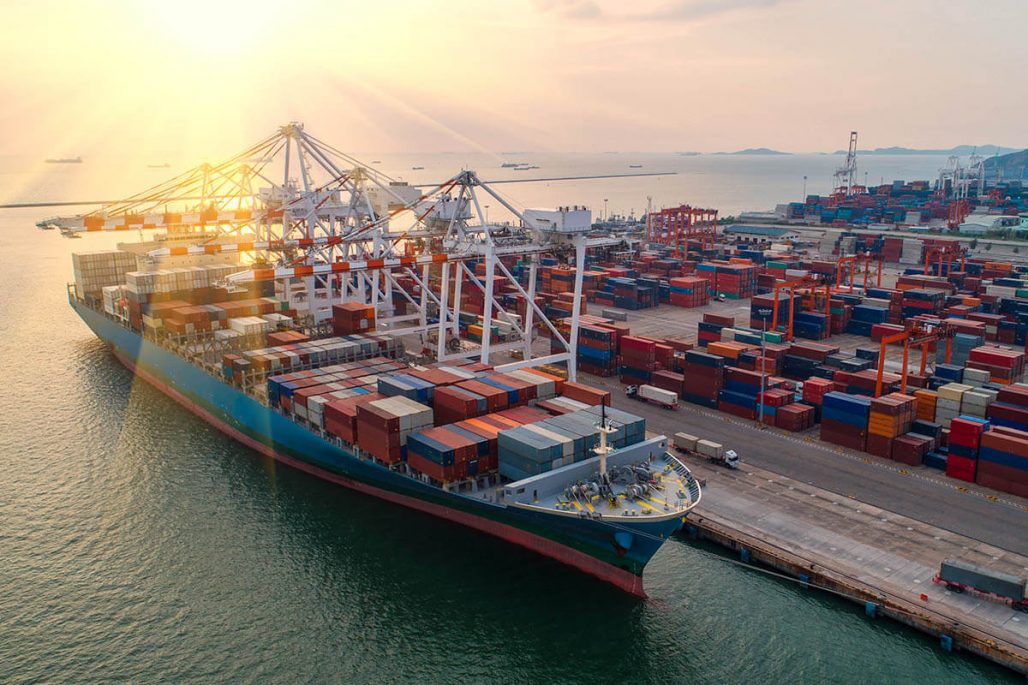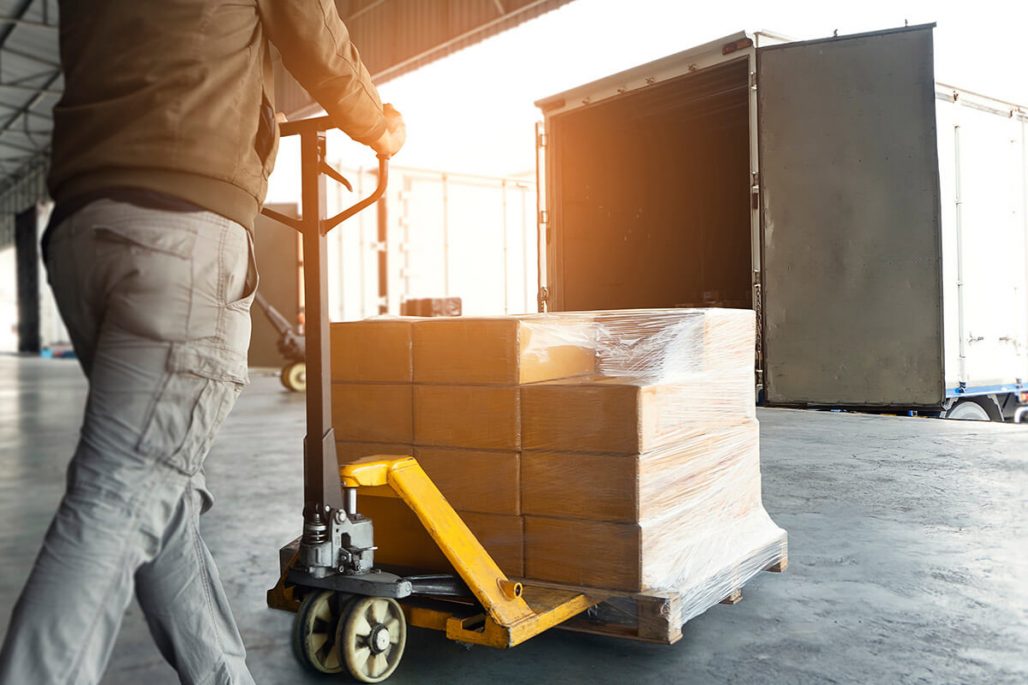Thoughts on transport by sea in containers
The “Hungarian sea”
When one of our colleagues was asked in the early 2000s what he did for a living and he said he worked for a shipping company engaged in transport by sea, he could see a lot of surprised faces. “Where? But we do not even have a sea!” Well, we do not have a sea, that is true… but still, we can take part in international maritime transport, as large volumes of goods must be delivered to different places in the world economically, with the help of reasonable logistics solutions.
Fortunately, we have less and less need for such explanations nowadays. Containerised goods transport has become quickly widespread in the past decades and we got to know many of its forms. The media is also keen to report about this industry, it appears in action movies shot in ports, in documentaries or even in the news due to disasters having an influence on our lives. Just think of the news about the ship Ever Given stranded in the Suez Canal during the Covid epidemic which was followed by the whole world.

Where it all started
Only a few people know where it all started. An American businessman, Malcolm McClean changed the shipping industry of the world by making the process more efficient in terms of both time and cost. The containerised shipment developed by him was originally an attempt to transport goods more easily and efficiently by means other than trucks, then eventually he set up a shipping company, and in 1966 the first container transport service was launched. The industry has developed significantly since then and container ships now travel the world’s major trade routes.
Significance of containerised shipment during pandemic
We are one of those shipping companies that prefer transport by sea to other means of transport. Thanks to that, we are informed faster and more sensitively of the economic state of our country, the expected economic events and the consequences of the international economic situation, as we move larger batches day by day, week by week, month by month all year round.
For example, since the outbreak of the Covid-19 pandemic (spring 2020), we have witnessed world-shaking events that have a direct impact on all our lives. Scientists and physicians fight the spread of the pandemic while we are faced with the challenges of how to deliver increased volumes of goods smoothly and efficiently to traders and manufacturers.
The effects of increased demand and slower lead times led to a sudden and drastic increase in prices in the freight forwarding industry, which had long-term consequences and resulted in the transformation of the industry. Online commerce is currently booming, which has created many new sales channels, making the path of products from the manufacturer to the end-user faster. As a result, the logistics of parcel delivery has also been transformed.

The impact of war on logistics
As a consequence of the war between Russia and Ukraine that started in 2022, visible changes have occurred in the freight forwarding business that have had a significant impact on our everyday lives. The first impact of the conflict occurred with respect to rail transport between China and the EU, followed by a transformation of transport costs within Europe. The demand and expectations for containerised shipment is constantly changing, further reinforced by the energy crisis caused by the war and the pressure related to environment protection. We will soon publish a blog post with further details on this subject.
What does the future hold?
There is talk at many events and forums about the topic that the development of logistics is unthinkable without advances in computer technologies. There are many of us (including many of our colleagues as well) who, in addition to being curious, are a little afraid of how transport and freight forwarding will change.
The past years prove that sudden technical development is unavoidable. As digitalisation has made its way into our homes, it has also had an effect on our daily work and will continue to become more robotic in the future. Those who prefer personal relationships will find it difficult to accept the opportunities offered by artificial intelligence. We hope that we will also be able to benefit from technical development while maintaining the quality relations with our clients, which will continue to be in demand and which my colleagues and I have loved doing for many years.
